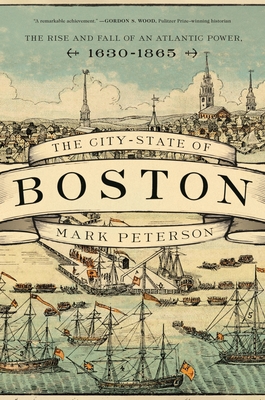Expedite your nonfiction book discovery process with Readara interviews, summaries and recommendations, Broaden your knowledge and gain insights from leading experts and scholars
In-depth, hour-long interviews with notable nonfiction authors, Gain new perspectives and ideas from the writer’s expertise and research, Valuable resource for readers and researchers
Optimize your book discovery process, Four-to eight-page summaries prepared by subject matter experts, Quickly review the book’s central messages and range of content
Books are handpicked covering a wide range of important categories and topics, Selected authors are subject experts, field professionals, or distinguished academics
Our editorial team includes books offering insights, unique views and researched-narratives in categories, Trade shows and book fairs, Book signings and in person author talks,Webinars and online events
Connect with editors and designers,Discover PR & marketing services providers, Source printers and related service providers

The City-State of Boston: The Rise and Fall of an Atlantic Power, 1630-1865
History > United States - State & Local - New England (CT, MA, ME, NH, RI, VT)
- Princeton University Press
- Paperback
- 9780691209173
- 9.2 X 6.1 X 1.9 inches
- 2.45 pounds
- History > United States - State & Local - New England (CT, MA, ME, NH, RI, VT)
- (Single Author) Asian American
- English
Readara.com
Book Description
A groundbreaking history of early America that shows how Boston built and sustained an independent city-state in New England before being folded into the United States
In the vaunted annals of America's founding, Boston has long been held up as an exemplary city upon a hill and the cradle of liberty for an independent United States. Wresting this revered metropolis from these misleading, tired clich�s, The City-State of Boston highlights Boston's overlooked past as an autonomous city-state, and in doing so, offers a pathbreaking and brilliant new history of early America. Following Boston's development over three centuries, Mark Peterson discusses how this self-governing Atlantic trading center began as a refuge from Britain's Stuart monarchs and how--through its bargain with the slave trade and ratification of the Constitution--it would tragically lose integrity and autonomy as it became incorporated into the greater United States. The City-State of Boston peels away layers of myth to offer a startlingly fresh understanding of this iconic urban center.
Author Bio
Professor Mark Peterson, a specialist in early North America and the Atlantic world, joined the Yale History Department in July 2018. He earned his Ph.D. in History at Harvard University, and taught previously at the University of Iowa from 1998 to 2007, and at the University of California, Berkeley, from 2007 to 2018, where he was Chair of the History Department from 2015-2018.
His most recent book is The City-State of Boston: The Rise and Fall of an Atlantic Power, 1630-1865 (Princeton University Press, 2019, paperback, 2020), and he is also the author of The Price of Redemption: The Spiritual Economy of Puritan New England (Stanford University Press, 1997).
At the moment, he is at work on two new books for Princeton University Press. The first, The Long Crisis of the Constitution, offers a historical account of the US Constitution as a political compromise based on 18th-century conceptions of power and property, and describes how the slow erosion of its original premises in the face of a changing US population and economy have left the nation politically unmoored.
The second, Revolution’s Ends: A History of the American Revolution for the 21st Century, is a new narrative history of the major conflicts of late-18th-century North America, designed to offer useful frameworks for understanding the processes that generated an independent and consolidated United States, in order to better grasp the prospects for the nation and its place in the world today.
Besides these current projects, Professor Peterson is also planning a third volume of his New England trilogy, focused on the transformation of material culture, consumer demand, and public expenditure from the 16th to the 19th century. He is also completing an edited volume of the writings of John Hull, a 17th-century Boston merchant, mint-master, and political leader, for publication by the Colonial Society of Massachusetts. In addition, Professor Peterson also serves as co-editor for the book series, American Beginnings published by the University of Chicago Press.
Source: Yale University
Videos




Community reviews
No Community reviews

